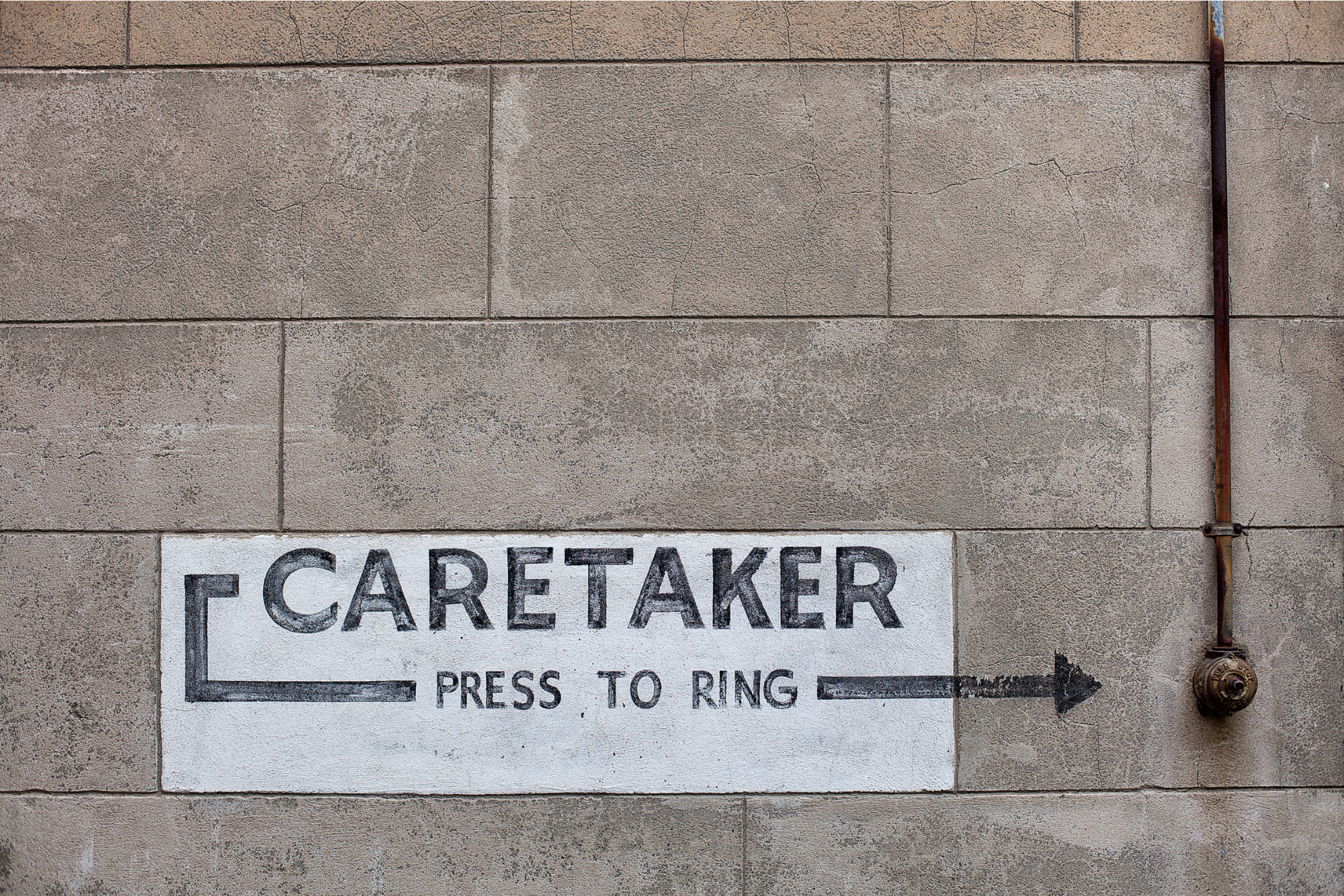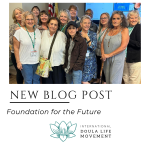An interesting aspect of doula work is that, unlike many death care professionals, the majority of the work we do might not actually be with people who are dying.
Depending on their resources and their personal needs, the end of life patients we work with will have doctors, nurses, social workers or all of the above handling their treatment situation. It is also very likely that they will have a family member or other loved one helping to care for them in the times when there is no professional support around. The main person helping their dying loved one eat, use the restroom, and move around is often a spouse, an adult son or daughter, or someone else with a strong relationship to the patient. When a person at the end of their life needs around-the-clock supervision, it is nearly always the family who will need to provide that care themselves.
When hospice and medical personnel do their work, they attend to the dying patient and their needs. Their work is crucial, but it doesn’t take into account the additional needs of the people handling all the work that needs to be done when the medical team isn’t there.
Our work as doulas gives us the ability to step back from the patient who is dying and see the larger picture. Even better, we can do something about it. Hospice and medical personnel are there to help a caretaker tend to their patient, but part of our job is to help the caretaker tend to themselves.
We all know the importance of self care. Part of client care is making sure that the people who are caring for their loved ones have the time and the opportunity to care for themselves as well, whether that means getting away for an afternoon to do some shopping or just a couple of hours to get a decent meal and a nap. It can mean stepping in to help out with chores and errands that might be getting away from them, or just being someone they can talk to for a while—being a caretaker can get pretty lonely.
In many cases, the dying patient will not be the one who hires the doula and asks them to assist with the transition process. And in many cases we will find that the dying person is not the one who most needs our care. It is important to remember to approach every case with open eyes to spot the problems other people might be too focused on their own particular jobs to see, and an open heart ready to offer support to the caretakers who are using all their strength to help their loved ones.






